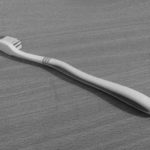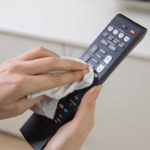One thing that many people overlook when preparing chicken for food or ancestral worship is how to properly wash this food.
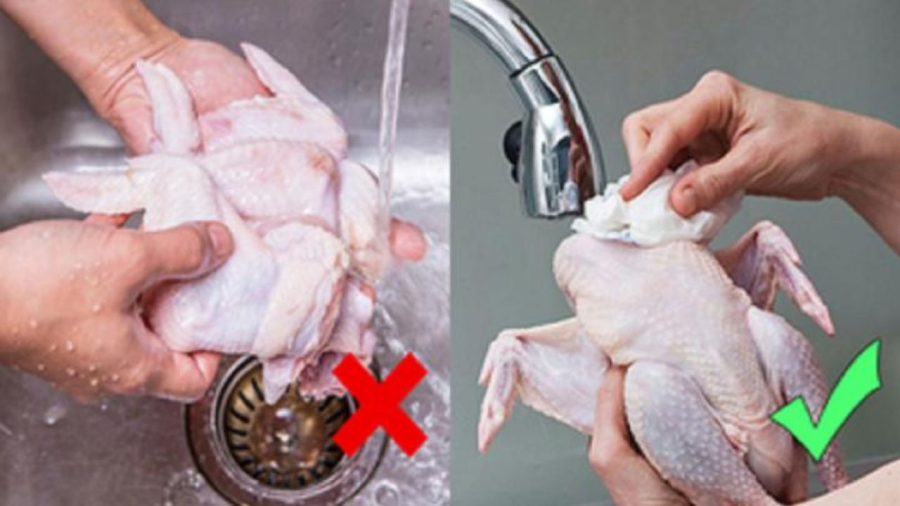
Washing under running water is considered a washing operation that brings many benefits to help dirt flow with the flow of water faster and easier. Especially with vegetables, washing under running water is a very correct way to do it.
Do not wash chicken under running water.
But what about chicken? During the transportation process, meat can accumulate dust and bacteria can generate on food. The longer the meat stays at the market, the more bacteria it will be contaminated with.
The purpose of washing meat is to remove the dirt in animals, blood, remaining secretions, some dirt, and remove odors. In fact, bacteria adhering to meat are difficult to wash with water. Therefore, washing chicken or other meats under running water does not have the same effect as washing vegetables.
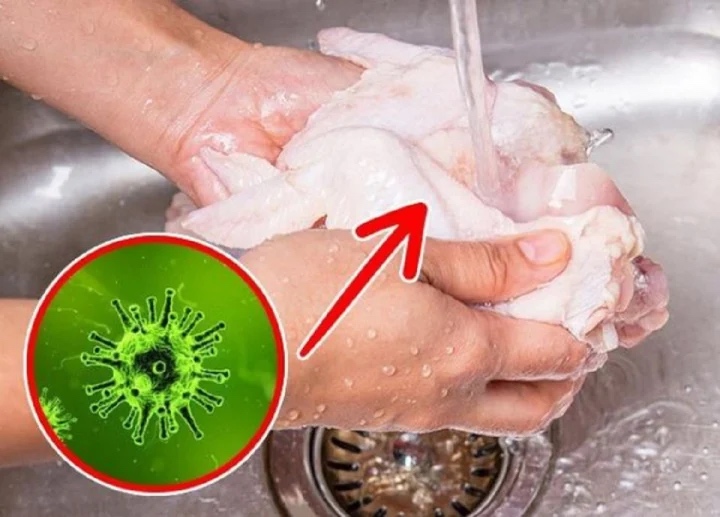
To remove the odor, we should put them into a basin containing salt, vinegar, or ginger wine. Putting them under running water will splash water everywhere, dispersing bacteria and viruses. The bacteria and viruses in the meat can cross-infect other utensils, causing more harm. That process is called cross-contamination of bacteria in food. The result is that we encounter more harm than benefit.
How to wash chicken and other meats:
Turn on the water in the sink, put the meat in, use salt to rub on the meat, then immerse it in water. That water pipeline needs to flow directly to the sewer, avoiding redness spreading around or strong manipulation causing water to splash everywhere. Then, soak it so that the meat does not smell fishy, then you can turn on the water again, add vinegar or wine to soak and wash the chicken.
It is advisable to soak the chicken, bones, and meat in water for about 20 minutes to remove the fishy smell and dirt in the bones can secrete into the water. Then, rinse with cold water several times to remove bacteria. Remember to pour the water neatly to avoid splashing onto other items.
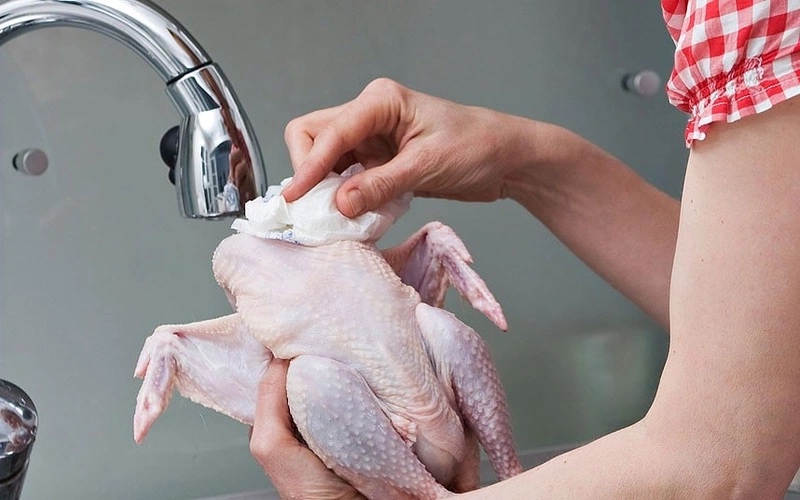
Utensils for chopping, slicing, or storing meat after storing meat need to be washed with dishwashing liquid that has antibacterial properties to clean bacteria.
If your hand has a scratch, you need to wear gloves when handling raw meat. Even if your hands are completely clean, wearing gloves is also essential when handling meat. Then clean the gloves with detergent.
When storing raw chicken, it should be placed in the last compartment of the refrigerator and remember to wrap the meat tightly in a specialized bag or box to prevent cross-contamination to other foods. After buying raw chicken from the store, put it in the refrigerator immediately, avoid leaving the meat outside for too long. Although the refrigerator temperature is not enough to kill Campylobacter bacteria, it can inhibit their growth.
To defrost chicken quickly, you can put it in a basin of water or defrost it in the microwave or sprinkle salt and vinegar on the surface to defrost it faster and avoid strong bacterial growth.
How to Select the Best Tasting Chicken – Fresh or Pre-Prepared?
8 Common Mistakes People Make with Cutting Boards
Are you using your cutting board correctly? Many Vietnamese households rely on cutting boards in their kitchen, but not everyone knows how to use them properly, especially when it comes to wooden cutting boards. Check out these 8 mistakes to avoid when using a cutting board to ensure both hygiene and safety for everyone in your family.
Is Refrigerated Leftovers Linked to an Increased Risk of Cancer?
Dr. Lam Van Man, Head of Research, Development and Technology Transfer Department of the Institute of Safety Food, has warned of the risk of food poisoning when reheating leftovers from the refrigerator. But what should we be aware of when it comes to the possibility of these leftovers causing cancer? Here, we explore what the experts have to say on the matter and offer some tips for safe eating.

























